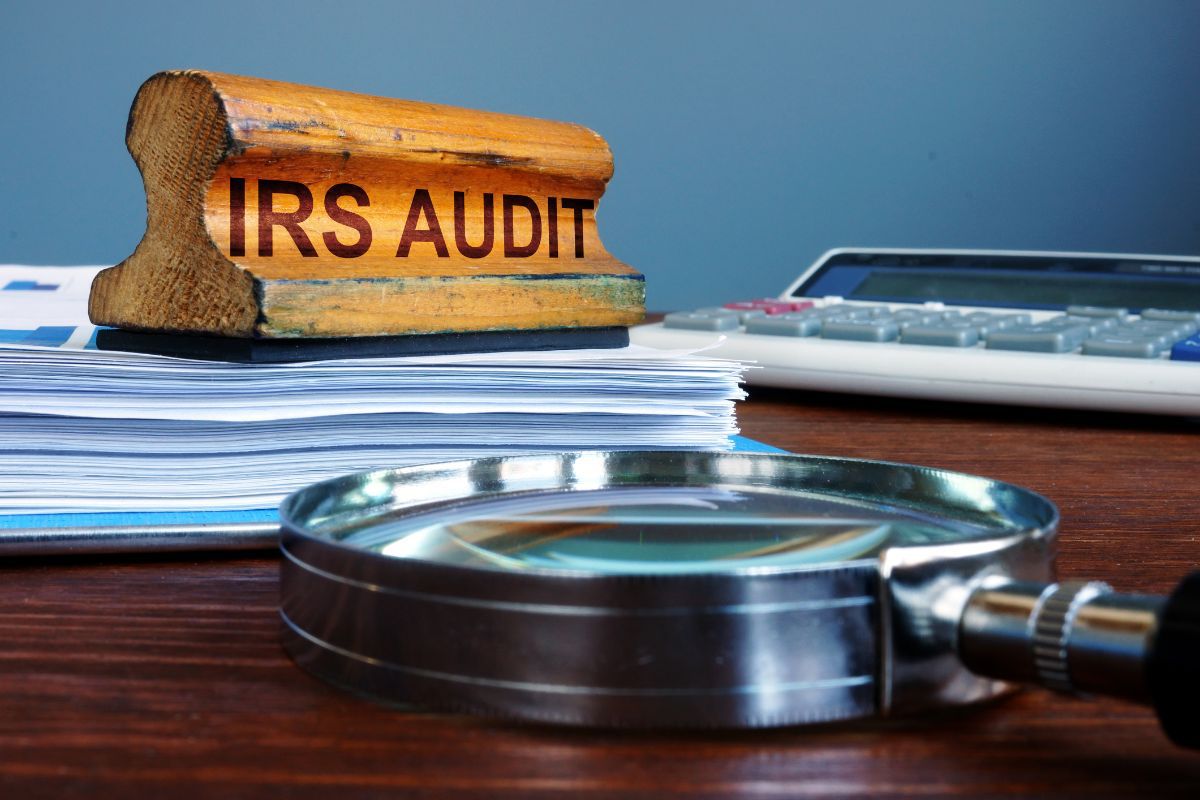Although the Internal Revenue Service (IRS) may audit your church under some circumstances, Congress has limited how and when the IRS may conduct a civil tax inquiry and examination into a church. These restrictions apply only to churches, those organizations whose status is not recognized by the IRS but that claim to be churches, and conventions or associations of churches. However, these restrictions are inapplicable to church-related persons or organizations, including schools operated by churches but organized as separate legal entities or integrated auxiliaries of churches.
Beginning a Church Tax Inquiry
The IRS can begin a church tax inquiry only if an appropriate high-level Treasury official reasonably believes, based on facts and circumstances placed in writing, that an organization claiming to be a church or convention or association of churches:
- May not qualify for exemption
- May be carrying on an unrelated trade or business within the meaning of IRC § 513
- May otherwise be engaged in taxable activities, or
- May have entered into an IRC § 4958 excess benefit transaction with a disqualified person
The IRS can obtain the reasonable belief necessary to begin a church tax inquiry based on several different sources of information, including:
- Print media news or ads
- Television and radio reports
- Internet media releases
- Voter guides that a church creates and/or distributes
- Documents on file with the IRS
- Reliable information reported by church members or members of the public
- Church records possessed by third parties or informants
A reasonable belief must come from information that a source has obtained legally and is not known to be unreliable. The fact that a church repeatedly fails to respond to routine requests for information is a factor in determining whether there is reasonable cause to initiate a church tax inquiry.
Church Tax Inquiries vs. Routine IRS Inquiries
The restrictions on church audits are limited to church tax inquiries and do not apply to routine IRS inquiries that do not primarily concern the church’s tax status or liability. For example, routine IRS requests or inquiries might include requests for information about the following topics:
- Filing or failing to file any tax or information return
- Compliance with income or FICA tax withholding responsibilities
- Supplemental information needed for an incomplete or incorrect return
- Information needed to process an application for exempt status or ruling request
- Information needed to process and update registrations for tax-free transactions elections for exemption from windfall profits tax, or employment tax exemption requests
- Information needed to update Tax Exempt Organization Search
- Confirming whether a specific business is or is not operated by a church
Understanding the IRS Church Audit Process
Once the IRS establishes that it has reasonable belief to start a church audit, it must give a written notice to the church explaining its concerns. The audit process then progresses according to the following steps:
- The church has a reasonable time to provide the IRS with a reasonable explanation addressing all concerns raised by the initial notice.
- If the church fails to respond within the required timeframe or fails to address the concerns raised by the IRS adequately, the IRS may issue a second notice within 90 days to inform the church that it needs to examine its books and records. The second notice will contain a copy of all documents collected or prepared by the IRS in the examination.
- The church may request a conference with an IRS official after receiving the second notice but before any examination of books and records occurs.
- Examination of the church’s books and records typically occurs within two years of the date of the second notice.
If the church provides information sufficient to alleviate IRS concerns at any point during the audit process, the IRS will close the audit without examining the church’s books and records. After a church audit is closed, the Internal Revenue Code provides additional restrictions on further church audits. For instance, if a previous audit resulted in no adverse finding against the church, the IRS may not initiate another audit within the next five years unless the Secretary of the Treasury approves it in writing and the inquiry does not involve the same or similar issues.
Call Us Today at Provident Law
Our law firm is here to provide you with legal representation tailored to your individual needs. Don’t hesitate to contact our offices today at (480) 388-3343 and see how we can help. We will be at your side to answer your questions and calm your concerns throughout every step of the legal process.


